Junta-led Burkina Faso and Mali warned Monday that any military intervention in Niger to restore deposed President Mohammed Bazoum would be considered a “declaration of war” against their two countries.
The warning from Niger’s military-ruled neighbours came a day after West African leaders, supported by their Western partners, threatened to use “force” to reinstate the democratically elected Bazoum and slapped financial sanctions on the putschists.
In a joint statement, the governments of Burkina Faso and Mali warned that “any military intervention against Niger would be tantamount to a declaration of war against Burkina Faso and Mali.
They said the “disastrous consequences of a military intervention in Niger … could destabilise the entire region”.
The two also said they “refuse to apply” the “illegal, illegitimate and inhumane sanctions against the people and authorities of Niger”.
At an emergency summit on Sunday, the Economic Community of West African States (ECOWAS) demanded that Bazoum be reinstated within a week, failing which it would take “all measures” to restore constitutional order.
“Such measures may include the use of force for this effect,” it said in a statement.
The bloc also slapped financial sanctions on the coup leaders and the country, freezing “all commercial and financial transactions” between member states and Niger, one of the world’s poorest nations, which often ranks last on the UN’s Human Development Index.
Pressure to push the perpetrators of the July 26 coup to quickly restore constitutional order is building from Western and African partners in Niger, a country considered essential in the fight against jihadist groups that have ravaged parts of the Sahel region for years.
Former colonial power France and the United States have between them deployed 2,600 soldiers in Niger to help battle the jihadists.
‘Extremely dangerous’
Niger’s junta on Monday accused France of seeking to “intervene militarily” to reinstate Bazoum, which French Foreign Minister Catherine Colonna denied.
“France’s only priority is the safety of our nationals,” Colonna told FRANCE 24, adding that French officials were “monitoring the situation very closely”.
French President Emmanuel Macron on Sunday vowed “immediate and uncompromising” action if French citizens or interests were attacked, after thousands rallied outside the French embassy in Niamey. Some tried to enter the compound but were dispersed by tear gas.
Colonna said the demonstration had been “organised, not spontaneous” and “extremely dangerous”.
Russia has called for the swift return of “the rule of law” and “restraint from all parties” in Niger.
Macron has spoken to Bazoum several times as well as to regional leaders, the presidential palace in Paris said.
Bazoum – a Western ally whose election just over two years ago marked Niger’s first peaceful transition of power since independence from France in 1960 – was toppled on July 26 by the elite Presidential Guard.
Guards chief General Abdourahamane Tiani declared himself leader – but his claim has been rejected internationally and ECOWAS has given him a week to hand back power.
Bazoum is one of a dwindling group of elected presidents and pro-Western leaders in the Sahel, where since 2020 a jihadist insurgency has also triggered coups in Mali and Burkina Faso.
Bazoum’s PNDS party on Monday warned Niger risked becoming a “dictatorial and totalitarian regime” after a series of arrests.
The country’s oil minister and mining minister were arrested that morning, according to the party. The head of the PNDS’s national executive committee was also arrested.
The PNDS said the junta had previously arrested the interior and transport ministers along with a former defence minister.
The European Union condemned the arrest of ministers from the ousted government and demanded they be freed immediately.
Coups and jihadists
Landlocked Niger became the third Sahel country in less than three years, following neighbours Mali and Burkina Faso, to be shaken by a military coup.
In all three nations, a jihadist insurgency strained fragile governments, stoked anger in the military and rained economic blows on some of the world’s poorest countries.
The overthrow of elected presidents has been accompanied by anti-French, pro-Russian demonstrations.
Protesters supporting the junta say France, the country’s traditional ally, has failed to shield them from the jihadists, whereas Russia would be a stronger ally.
In Mali, a 2020 putsch led to a bust-up with France, which last year withdrew its troops as the junta brought in Russian paramilitaries.
France also quit Burkina Faso after two coups last year brought in a junta that adopted a nationalist line.
The withdrawals prompted France to reconfigure its decade-long anti-jihadist strategy in the Sahel, concentrating on Niger, where it fields 1,500 troops with a major air base near Niamey.
The latest coup, according to the putschists, was a response to “the degradation of the security situation” linked to the jihadist conflict, as well as corruption and economic woes.
International critics have ratcheted up pressure, targeting trade and development aid.
ECOWAS has suspended all commercial and financial transactions, while France, the European Union and the United States have either cut off support or threatened to do so. UN humanitarian operations have also been put on hold.
Niger has seen four coups since independence and numerous other attempts, including two previously against the 63-year-old Bazoum.
(FRANCE 24 with AFP)





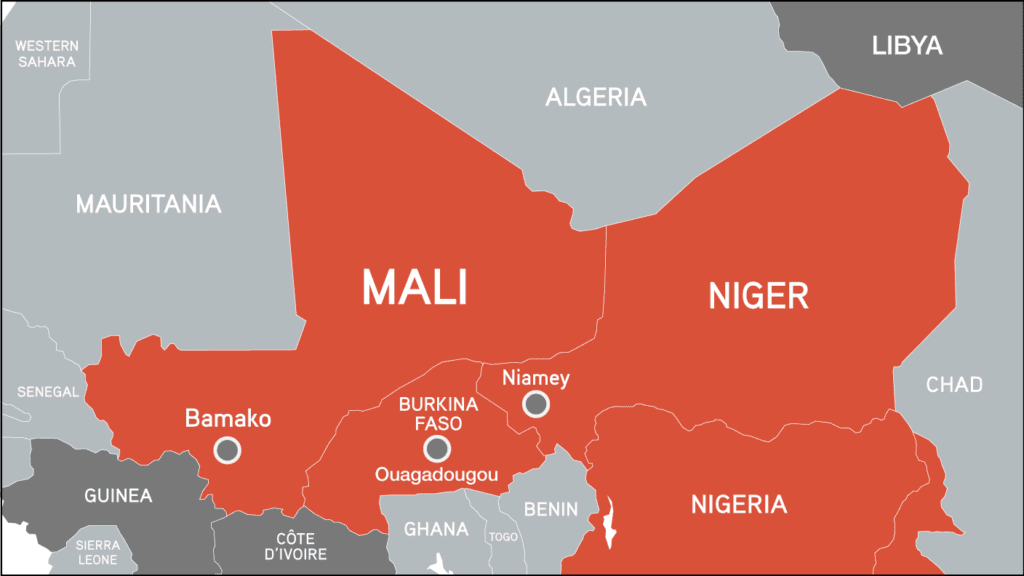
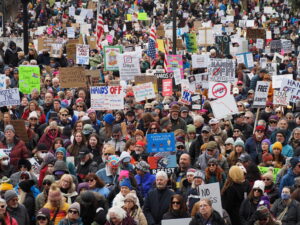
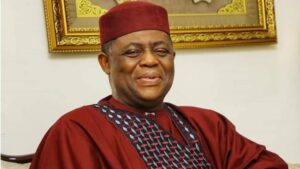
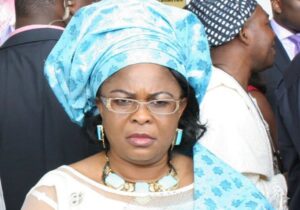
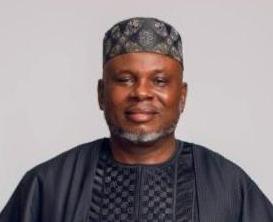
More Stories
Massive protest against Trump hots up in major U.S. cities
Tinubu considers Fani-Kayode, others for ambassadorial appointments
NBA intervenes, as detention of 15 domestic aides accused of theft from ex-First Lady Patience Jonathan, lingers